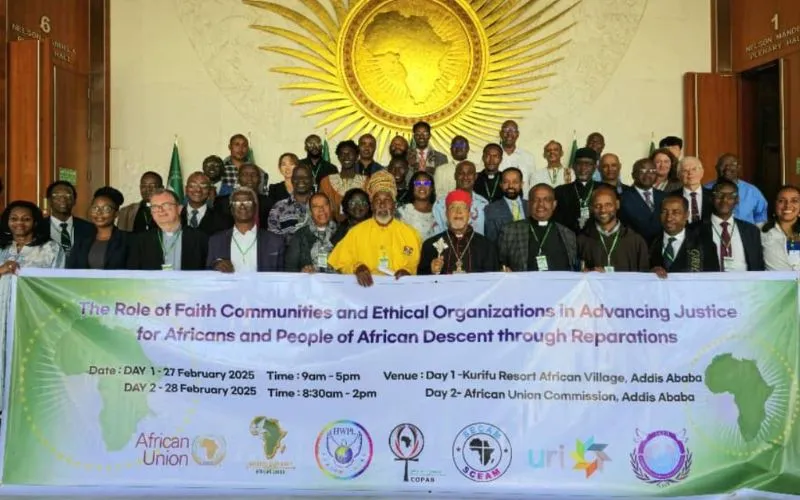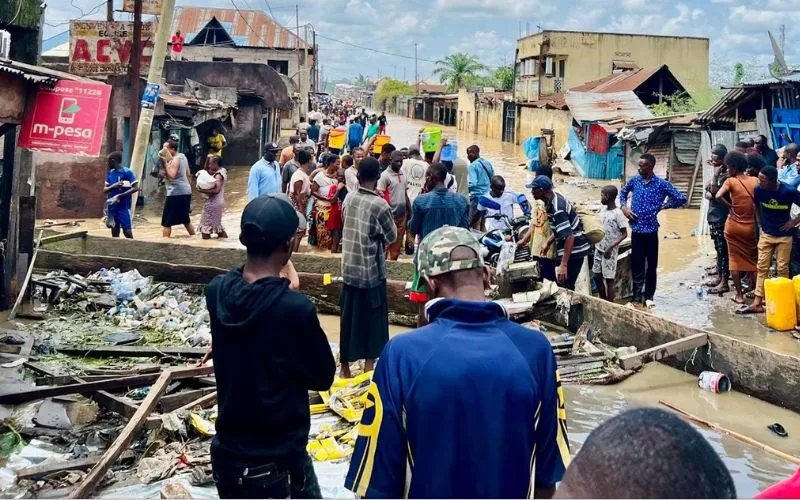Addis Ababa, 05 March, 2025 / 9:26 pm (ACI Africa).
Members of the Symposium of Episcopal Conference of Africa and Madagascar (SECAM) are among the faith and civil society organizations proposing the formation of “an ethical reference group” that will help in overseeing the reparations for Africa following the historical injustices the continent has suffered.
In a declaration issued at the end of the February 27-28 workshop that took place at the African Union Commission (AUC) headquarters in Addis Ababa, Ethiopia, the delegates said that the group would guide “restorative justice based on indigenous African traditions, sources, and spirituality.”
“We propose the formation of an Ethical Reference Group, in close coordination with the African Union Commission, to assist the AU Committee of Experts and the AU Special Envoy by providing ethical guidance on the issue of reparations,” the delegates said in the statement.
They added, “The Ethical Reference Group will also offer thought leadership and counsel, drawing on global case studies to inform policy and advocate for the application of international standards in support of restorative justice.”
SECAM members organized the February 27-28 workshop in collaboration with the African Union (AU) Catholic Chaplaincy, Heavenly Culture, World Peace, Restoration of Light (HWPL); the Pan African Conference on Ethics and Bioethics (COPAB).








